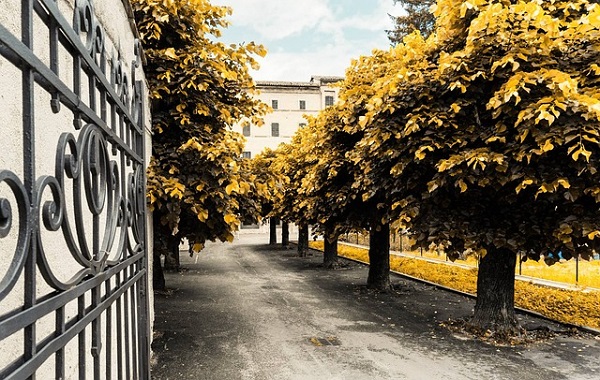 Credit: Pixabay
Credit: Pixabay
Following the call for projects “Méi Natur an eise Stied an Dierfer” (more nature in our towns and villages), launched in 2022, which rewarded five municipalities aiming to demineralise sealed surfaces to give more space to green infrastructure, Luxembourg's Ministry of the Environment, Climate and Sustainable Development, reconfirmed the greening campaign of urban fabric with a new call for projects entitled “Méi Natur an eise Schoulhäff” (more nature in our schoolyards, or playgrounds), created within the framework of the Naturpakt.
Given the interest shown by the municipalities during the first call for projects and given the urgency of continuing efforts to adapt to the effects of climate change using nature-based measures, this new call aims to regreen playgrounds in order to improve the living conditions of children. Carrying out projects in schools aims to raise awareness among children, parents and teaching staff of the issues of climate change.
The call for projects is aimed at all municipalities and has the following objectives:
- to create new green spaces in urban areas, and more specifically in heavily sealed and/or mineralised playgrounds;
- to contribute to adaptation to the effects of climate change;
- to increase the well-being of children and teaching staff at school;
- to promote biodiversity in urban areas;
- to contribute to awareness-raising and education for sustainable development.
In order to ensure the success and acceptance of the projects, active participation of the stakeholders concerned (students, teachers and parent associations) must be carried out during project planning.
To effectively enable the active participation of the stakeholders involved, the call for projects is divided into two phases. In a first phase, the municipality will initiate an information evening session aimed at students, parents and teachers, to kickstart the project. In tandem, a dedicated working group will be formed to provide support for the endeavour. The municipalities’ primary task involves crafting an initial project proposal and ensuring timely submission to the call for projects, with a deadline set for 30 April 2024.
In a second phase, once the project has been selected and accepted, the next phase involves the development of a comprehensive technical report. This file will undergo a rigorous assessment by a control office to ensure security and compliance standards are met, and any necessary technical adjustments are made as required. Subsequently, the project proceeds to the implementation stage. The ministry recalled that municipalities can secure significant co-financing, with potential support of up to 90% provided by the Climate and Energy Fund for project execution.








